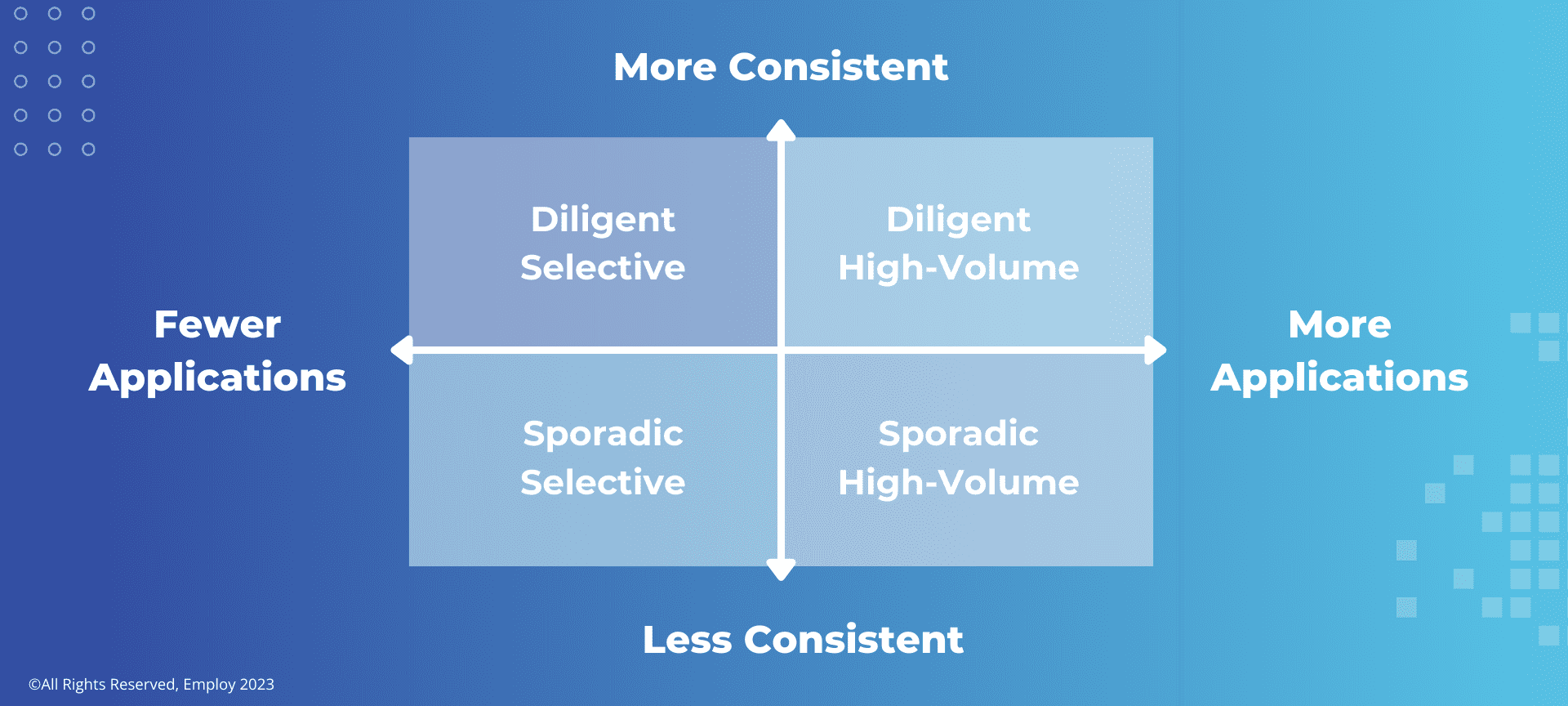
The global talent shortage is a major challenge for businesses of all sizes. In the United States alone, there are currently 11 million open jobs. This means that there are more job openings than people are looking for work.
One way that businesses are addressing this challenge is by targeting passive candidates. Passive candidates are people who are not actively looking for a new job, but who might be open to a new opportunity if the right one comes along.
There are several reasons why businesses are targeting passive candidates. First, the pool of passive candidates is much larger than the pool of active candidates. This means that businesses have a better chance of finding the right talent by targeting passive candidates.
Second, passive candidates are often more experienced and qualified than active candidates. This is because passive candidates are typically already employed and have been successful in their current roles.
Third, passive candidates are more likely to be a good fit for the company culture. This is because passive candidates are not actively looking for a new job, so they are more likely to be happy with their current situation.
Atlas World Group’s Approach to Passive Candidate Recruitment
Atlas World Group is a global logistics company that has been struggling to fill key positions in IT and technology. In order to address this challenge, they have shifted their focus to primarily targeting passive candidates.
Atlas’s approach to passive candidate recruitment is two-fold. First, they use LinkedIn Recruiter to target passive candidates who have the skills and experience they are looking for. Second, they leverage the social media of their current team members to share job openings with their networks.
The Benefits of Targeting Passive Candidates
There are several benefits to targeting passive candidates. First, it allows businesses to reach a wider pool of potential talent. Second, it gives businesses the opportunity to build relationships with passive candidates before they are actively looking for a new job. Third, it allows businesses to target passive candidates who are a good fit for their company culture.
- Start by building a strong employer brand. Passive candidates are more likely to be interested in your company if they have a positive impression of your brand.
- Make it easy for passive candidates to learn about your open positions. Your job postings should be clear and concise, and you should make it easy for candidates to apply online.
- Personalize your outreach. When you reach out to passive candidates, take the time to personalize your message. This will show that you are genuinely interested in their skills and experience.
- Highlight your company culture. Passive candidates are more likely to be interested in a company that has a strong culture. Be sure to highlight your company culture in your outreach materials.
- Offer opportunities for growth. Passive candidates are often looking for opportunities to grow their careers. Be sure to highlight the opportunities for growth that your company offers.
Conclusion
The global talent shortage is a major challenge for businesses of all sizes. However, by targeting passive candidates, businesses can increase their chances of finding the right talent. Atlas World Group is a great example of a company that has successfully implemented a passive candidate recruitment strategy. By following Atlas’s example, businesses can overcome the challenges of the global talent shortage and find the right talent to help them achieve their goals.
To follow Kelly Cruse’s work in employer brand, connect with her on LinkedIn. For help identifying the values and culture you want to create in your company, get in touch.





